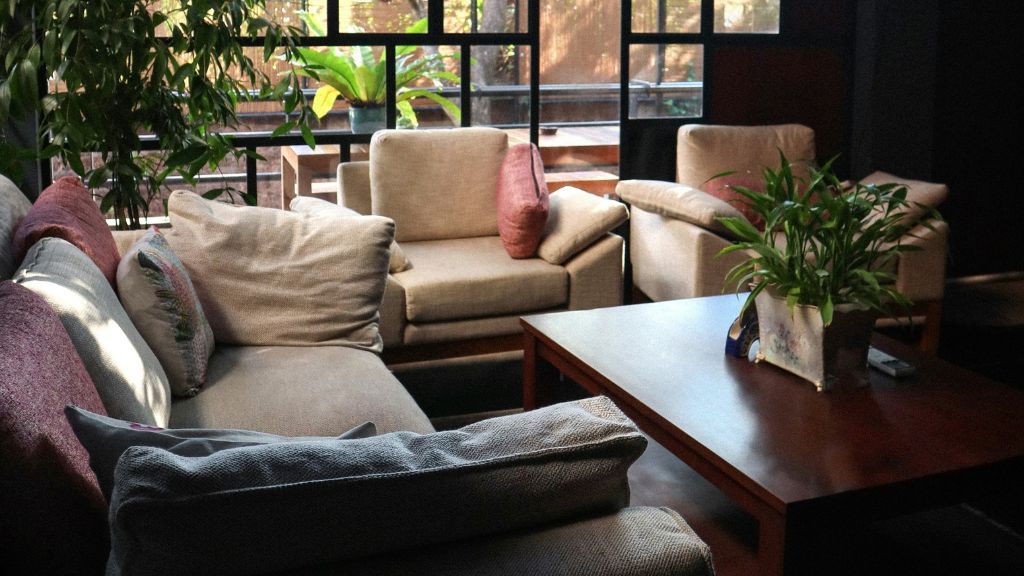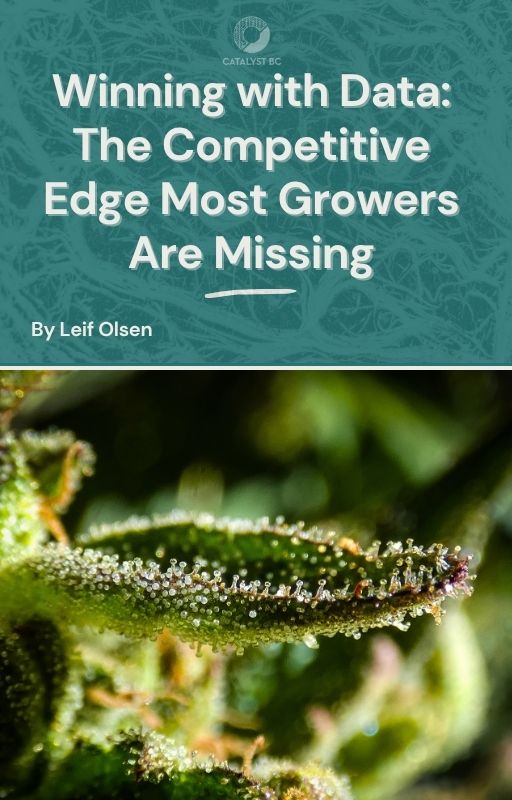Estimated reading time: 7 minutes
Table of contents
Cliff Notes: Opening an Illinois Cannabis Lounge
Objective: Successfully open an Illinois Cannabis Lounge with local government authorization
Key Components:
- Illinois legalized adult-use cannabis in 2019, but cannabis consumption lounges are allowed only if local governments authorize them.
- There is no standalone state-issued lounge license; instead, consumption areas must be attached to a licensed dispensary or tobacco shop and approved by the city or county.
- Cities like Chicago and Carbondale have allowed lounges, while others have not.
- Steps to open: verify local permission, secure municipal permits, partner with a dispensary or shop, apply with IDFPR if applicable, and follow all operating rules (21+ age limit, no onsite cannabis sales, air quality compliance).
- Lounges must have strict safety protocols, no tobacco or alcohol use, and secure intake areas for consumer product handling.
- Operators face local zoning restrictions, opposition from neighbors, and need to stay updated on evolving laws.
Hiring a Cannabis Consultant ensures smooth navigation of Illinois’s dual state-local compliance system, and successful lounge operation. Learn more about our Illinois cannabis consulting services or Book your Complimentary Consultation today.

Introduction
Illinois legalized adult-use cannabis in 2019, but social consumption lounges are governed at the local level. The Cannabis Regulation and Tax Act expressly permits on-site consumption areas, but only if a city or county authorizes them. The state law did not initially create a standalone lounge license; instead, municipalities may allow existing dispensaries or tobacco shops to host “cannabis consumption lounges”. For example, Carbondale and Chicago have passed ordinances for consumption areas, while others (like Springfield) have not. There is no separate statewide consumption license issued by the Illinois Dept. of Financial & Professional Regulation (IDFPR), but consumption spaces can operate once they satisfy both local and state rules.
Steps to Open (Locally)
Before opening a cannabis consumption lounge in Illinois, entrepreneurs must first navigate local regulations and obtain municipal approval. Since the state does not issue a standalone lounge license, your ability to operate hinges entirely on local government support and alignment with existing licensed entities. This step-by-step overview outlines the typical pathway to launching a compliant cannabis lounge in a participating Illinois jurisdiction.
1. Verify Local Authorization
Confirm that your target locality permits cannabis lounges. If not, you may consider lobbying local officials or choosing a municipality with an existing ordinance.
2. Secure Local Permits
Obtain any required municipal business license or zoning approvals for a lounge space. Some cities require a liquor-license-style permit or a conditional use permit for consumption venues.
3. Partner with Dispensary or Tobacco Shop
Illinois law expects consumption to be tethered to a licensed retail entity. Plan either to add a consumption area to an existing dispensary (via a supplemental license/endorsement under sec. 55-25 of the Act) or to attach it to a standalone tobacco shop license.
4. Apply via IDFPR
If a regulatory path exists, work with IDFPR to amend or add the consumption license. (This process is evolving; the state has held public comment on proposed lounge rules as of 2024.)
5. Meet State Operating Rules
Implement required safety measures – for example, restricting entry to 21+ customers, barring tobacco and alcohol consumption, and ensuring approved ventilation for any smoking areas. State guidelines may mirror those for vaping in public places.
Operational Requirements
Illinois mandates no sale of cannabis on-site (customers must bring purchased product), strict 21+ age checks, and no consumption outside the designated area. Security and surveillance requirements will likely mirror dispensary rules. Building modifications (smoke rooms with filtration) may be needed. Public health measures – such as no drug driving allowed, staff training for overconsumption – are advisable.
Compliance Challenges
Because rules are set both locally and by IDFPR, operating a lounge can be complex. Potential issues include:
- Local opposition (neighbors or schools may fight a lounge in their midst) and changing regulations (Chicago and Cook County, for example, are still crafting final rules).
- Even if authorized locally, consumption areas must comply with Illinois indoor smoking ban for tobacco, which extends to marijuana (though some local ordinances carve out exceptions for licensed cannabis lounges).
Why Hire a Cannabis Consultant?
Launching a cannabis lounge in Illinois comes with a complex web of state and local requirements—and one misstep can delay your opening or put your investment at risk. Our seasoned Cannabis Consultants bring critical knowledge of evolving laws, operational compliance, and municipal permitting processes. At Catalyst BC, we guide you from concept to launch, helping you secure approvals, build a compliant operation, and streamline every stage of development. With our proven expertise, you’ll move faster, avoid costly mistakes, and be fully prepared for long-term success in Illinois’s cannabis market.
Learn more about our Illinois cannabis consulting services or Book your Complimentary Consultation today.
Illinois Cannabis Lounge FAQs
Only if its city/county allows consumption areas. The state law allows it, but local approval is required.
No dedicated state license. Instead, dispensaries or tobacco shops get endorsements/permits for a consumption area once local government approves.
Local rules vary. Some cities ban lounges near schools or residential zones. Always check municipal zoning in advance.
Generally any adult-use cannabis product. Expect that infused foods cannot be prepared on-site (per Illinois clean indoor air rules) unless separately permitted.
Not marijuana-infused products, but many jurisdictions allow non-infused snacks/drinks. Check city liquor codes – often no alcohol is allowed in a cannabis lounge.
Usually not. Illinois law expects the lounge operator to be a retailer or tobacco store already holding a sales license. Under the lounge use endorsement, they do not sell onsite. Instead, a partner dispensary is identified to sell off-site.
Train employees on ID checks, overconsumption prevention, and first aid (including recognizing over-intoxication). Consider OSHA indoor air quality guidelines for protecting staff in smoke rooms.
Lounges themselves don’t sell product, so retail sales tax applies when product was purchased at the dispensary. There is no new excise tax on consumption at the lounge.
Yes – Catalyst BC’s Illinois cannabis consulting team can guide you on navigating this mixed state-local environment and getting your lounge licensed.
Navigating the Illinois cannabis lounge space is complex—one misstep can delay your opening or jeopardize your license. A specialized Cannabis Consultant brings deep regulatory knowledge, operational best practices, and hands-on project management.
From initial concept and licensing to grand opening and ongoing compliance, Catalyst BC’s end-to-end Illinois Cannabis Consulting services ensure you launch faster, stay compliant, and maximize profitability.
Additional Resources
Free eBooks For Cannabis Business Success
Latest Articles
- Missouri Cannabis Licensing & Business Opportunities 2026Missouri has established itself as the premier success story for cannabis in the Midwest, evolving from a standard medical regime to a high-volume adult-use market that exceeded $1.52 billion in annual sales in 2025. As the market enters the 2026–2027 biennium, the landscape is shifting from rapid expansion toward operational maturation and specialized entry.
- North Carolina Cannabis Licensing & Business Opportunities 2026North Carolina remains one of the final significant jurisdictions in the United States without a comprehensive medical or adult-use cannabis program. However, the 2026–2027 biennium is projected to be the most consequential period in the state’s cannabis history. Driven by the formation of the North Carolina Advisory Council on Cannabis and an impending federal “hemp cliff,” the state is moving from a period of passive prohibition toward a structured, albeit highly restrictive, regulatory framework.
- Nebraska Cannabis Licensing & Business Opportunities 2026Nebraska is entering the 2026–2027 biennium at a historic crossroads. Following the 71% voter approval of Initiatives 437 and 438 in late 2024—the largest margin for a medical cannabis initiative in U.S. history—the state is currently standing up its first regulated medical infrastructure.
- Florida Cannabis Licensing & Business Opportunities 2026Florida represents the most capital-intensive and professionally structured cannabis market in the nation. As of 2026, the state is at a crossroads: it is both expanding its mature medical program and preparing for a potential constitutional shift toward universal adult-use access. On November 3, 2026, Florida voters will decide on the Marijuana Legalization Initiative (Amendment 3). Passing this requires a 60% supermajority—a high threshold, but one that polls suggest is within reach.
- Virginia Cannabis Licensing & Business Opportunities 2026As Virginia transitions from its current “possession-only” model toward a fully regulated retail market, the 2026–2027 biennium represents a once-in-a-generation window for market entry. Unlike the vertically integrated “medical-only” regimes of the past, Virginia’s upcoming framework focuses on decentralization, specifically architected to favor small Virginia-based operators over large multi-state corporations.
- Minnesota Cannabis Licensing & Business Opportunities 2026Minnesota is currently undergoing a transformative shift in its cannabis landscape, moving from a semi-regulated hemp-derived market toward a fully comprehensive adult-use framework. Overseen by the Office of Cannabis Management (OCM), the 2026–2027 biennium represents the critical “enforcement phase” where temporary registrations sunset and permanent, merit-based licenses define the market’s long-term leaders.











